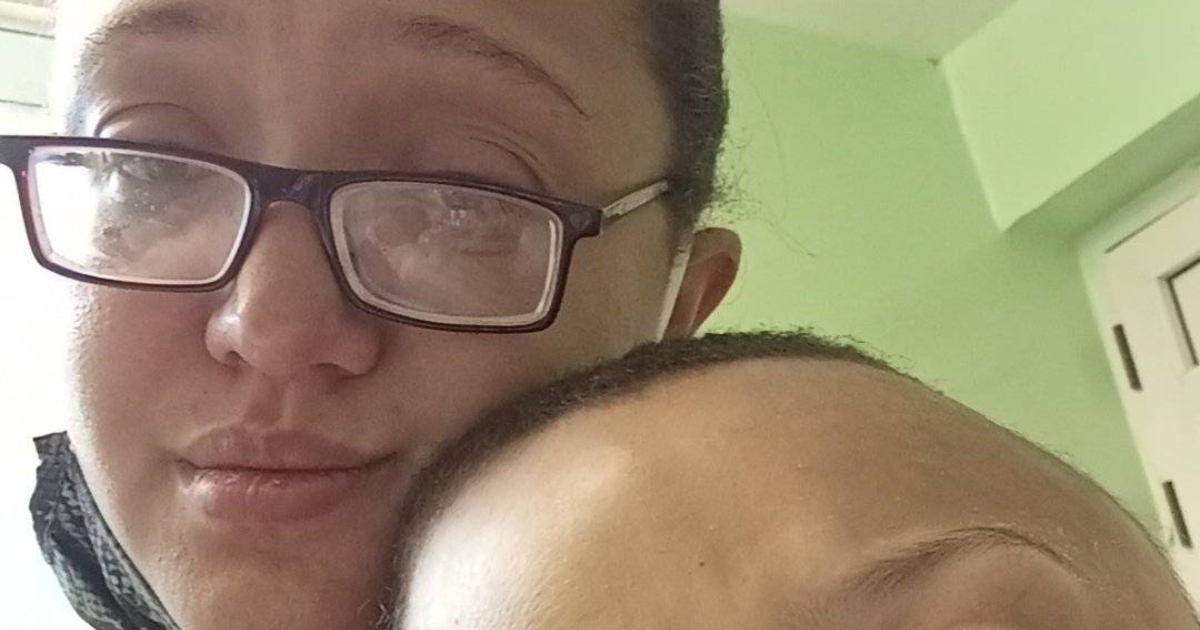
Related videos:
The United States Embassy in Cuba may continue the process to grant a humanitarian visa to the Cuban child Damir Ortiz, who is suffering from an incurable illness in the hospitals of the island.
The activist Diasniurka Salcedo, one of the individuals who has been following this case, confirmed that the U.S. Citizenship and Immigration Services (USCIS) contacted Damir's godmother to request additional documents, which represents hope for continuing the visa process.
The family is working quickly to gather the documents and expedite the application for a humanitarian visa, as the little one is in a delicate state of health.
Eliannis Ramírez, mother of Damir, continues to appeal to the international community and U.S. authorities for her son to receive the urgent medical attention he needs. A hospital in Miami has offered to take on his case.
A mother's struggle for her child's life
In early February, Ramírez posted a desperate message on social media denouncing the deterioration of his son's health and the lack of resources in Cuba to treat him. "Damir is dying on me, he's dying on me. Help, please, help," he exclaimed on his Facebook profile, generating a wave of solidarity both inside and outside the island.
Damir, 10 years old, suffers from neurofibromatosis type 1, which has caused paralysis in his legs, partial blindness, and tumors on his spine. A hospital in Miami has agreed to treat him, but a humanitarian visa is required for his transfer.
However, the Ministry of Public Health of Cuba (MINSAP) refused to issue the documentation required by the Embassy of the United States, arguing that the country had the resources to treat the minor. As a result, the humanitarian visa application was denied on February 6.
Fundraising and new obstacles for the visa
In the struggle to obtain the visa, Cuban activists and Damir's mother launched a fundraising campaign through GoFundMe to cover the costs of a potential trip. The initiative successfully raised over $30,000, but it was paused due to the platform's policies on international donations.
Salcedo indicated in a recent message that they continue to send data and documentation in order to keep fundraising efforts going in support of Damir and his family. Cuban activists are not giving up in their attempt to help this boy leave the island to recover his health in the United States.
Arrests near the U.S. Embassy.
On February 26, a group of activists demonstrated in front of the United States Embassy in Havana to demand that Damir's visa be prioritized. The area was heavily guarded by police, and several protesters were detained, including the activist Lara Crofs.
Despite the repression, activists continue to seek alternatives for Damir to receive the necessary treatment.
Frequently Asked Questions about the case of the Cuban child Damir Ortiz and the humanitarian visa
Why has the United States denied the humanitarian visa for Damir Ortiz?
The United States has denied the humanitarian visa for Damir Ortiz due to the lack of required documentation, specifically a letter of authorization from the Cuban Ministry of Public Health (MINSAP). Cuban authorities claim they have the necessary resources to treat the minor on the island, which has complicated the visa process.
What illness does Damir Ortiz suffer from?
Damir Ortiz suffers from neurofibromatosis type 1, a genetic disease that has caused him paralysis in the legs, partial blindness, and tumors in the spinal cord. This condition requires specialized treatment that is not available in Cuba, which has led his mother to seek medical care in the United States.
What actions have activists taken to help Damir Ortiz?
Activists have started fundraising campaigns, primarily through GoFundMe, to cover the medical treatment expenses and Damir's travel to the United States. Additionally, they have organized peaceful demonstrations in front of the United States Embassy in Havana to request a humanitarian visa for the child.
Filed under: